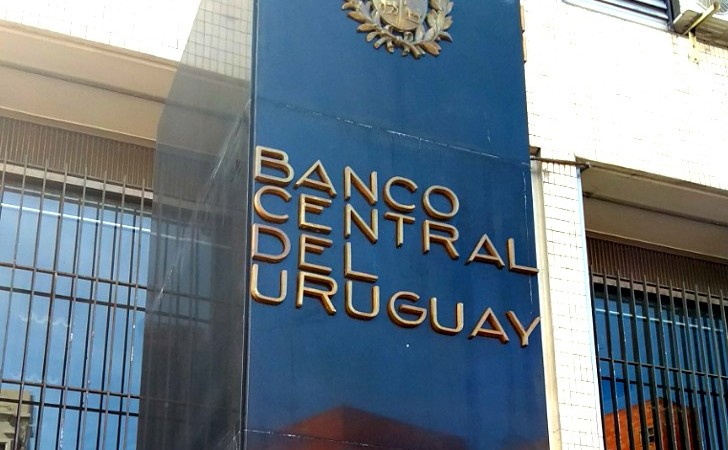
The Uruguayan economy faces a bleak outlook this year after experiencing a slowdown in the fourth quarter of 2022 due to drought that affected agricultural production. According to the Central Bank of Uruguay, the Gross Domestic Product (GDP) grew by 4.9% on average in 2022 compared to the previous year, despite the fact that the government had forecast 5%.
Even so, GDP contracted by 0.1% in the fourth quarter compared to the same period a year earlier, leading to a technical downturn. Sofia Harguindeguy, of Grant Thornton, told the newspaper The Observer that the drop in GDP was mainly due to the impact of the drought, which decreased agricultural production in the 2022/2023 harvest. The primary sectors contracted by 2.9%, and this had a negative impact of 0.2% on the performance of the economy.
Pointing in the same direction, exports fell by 5.6%. KPMG Chief Economist Marcelo Sibille highlighted the contraction in agricultural output, which appears to be related to the drought that began late last year. Although almost all sectors of activity had year-on-year growth in the fourth quarter, there was a high concentration of the fall in industrial production and, above all, in the primary sector.
Although technically one could speak of a recession with two consecutive quarters of decline, Florencia Carriquiry, from Exante, pointed out that industry, electricity and construction are also falling. The Center for Development Studies (CED) believes that the consequences of the drought will be observed in the second quarter of 2023, when the harvest occurs, which is expected to further affect production.
The low dynamism observed in the second half of last year also leaves a negative “carry-over effect” for 2023.
How a sustained recession could impact household economies
The economic downturn can significantly impact household finances in a number of ways. First, there may be a decrease in the number of jobs available, which could result in layoffs or reduced hours for workers. This in turn would reduce household income, which could make it difficult to pay bills and daily expenses.
Also, during an economic downturn, businesses may lower their prices to compete and attract customers, which may seem like good news for households. However, if prices are reduced too much, businesses may find it difficult to pay their own expenses and may therefore reduce wages or even go out of business. This could also impact households, especially if household jobs depend on struggling businesses.
There may also be a decline in the value of assets, such as homes and stocks, which could affect household wealth. If households have invested in assets that lose value during an economic downturn, they could lose a significant amount of wealth.
It remains to be seen which of these movements end up taking shape and what will be the medium- and long-term impact of the unflattering economic situation.


















